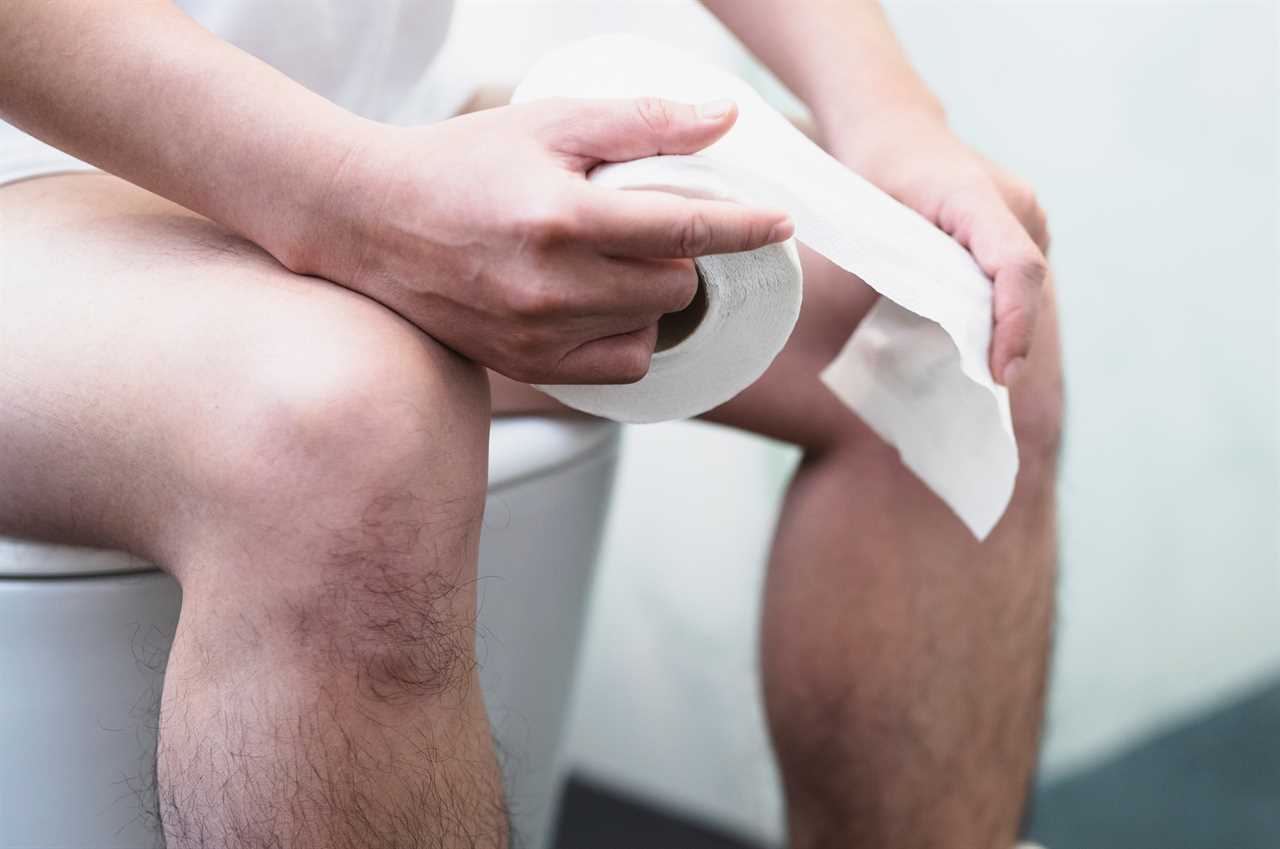IF your toilet habits have changed recently then it’s time to take notice.
Haemorrhoids and cancer can have similar symptoms so knowing the difference between the two is important.

Getting to understand your toilet habits could be life-saving as it’s key to know the difference between haemorrhoids and cancer
Find out all the differences and what to do if you think you may have either.
What are haemorrhoids?
Haemorrhoids, also known as piles are lumps inside and around your bottom.
They are swollen veins that can become irritated and start to bleed, hurt or itch.
Anyone can experience haemorrhoids but the risk tends to increase with age.
Often they get better on their own after a few days, but if you’re worried you should always contact your doctor or GP.
What are the main symptoms of haemorrhoids?
There are a few symptoms of haemorrhoids that the NHS outline, these are:
- bright red blood after you poo
- an itchy anus
- feeling like you still need to poo after going to the toilet
- slimy mucus in your underwear or on toilet paper after wiping your bottom
- lumps around your anus
- pain around your anus
The NHS also provides ways of treating and preventing haemorrhoids:
- drink lots of fluid and eat plenty of fibre to keep your poo soft
- wipe your bottom with damp toilet paper
- take paracetamol if piles hurt
- take a warm bath to ease itching and pain
- use an ice pack wrapped in a towel to ease discomfort
- gently push a pile back inside
- keep your bottom clean and dry
- exercise regularly
- cut down on alcohol and caffeine (like tea, coffee and cola) to avoid constipation
You should contact your GP if there’s no improvement after seven days of treatment at home or if the haemorrhoids keep returning.
What is the difference between haemorrhoids and cancer?
Haemorrhoids and certain types of cancer can have similar symptoms.
Haemorrhoids are more common than cancer and are the most likely explanation for bleeding or rectal pain.
The symptoms of cancer are slightly different to haemorrhoids, they include:
- tarry bowel movements
- blood in the stool
- bleeding from the rectum
- a feeling that one needs to use the bathroom, which does not go away after having a bowel movement
- pressure or pain in the stomach
- fatigue or weakness
- a prolonged, unexplained change in bowel habits, such as frequent diarrhoea or constipation
- unintended weight loss
- nausea
Keep up to date with all our health news.






